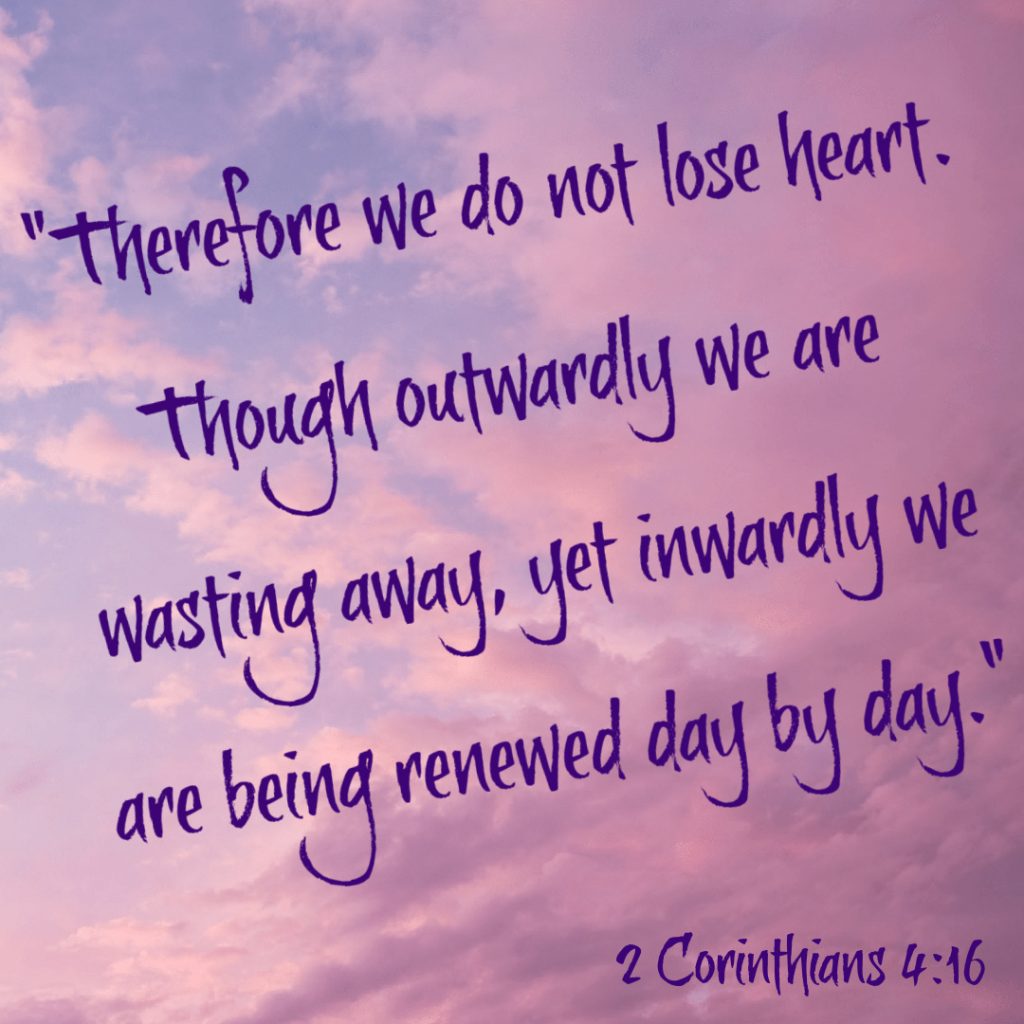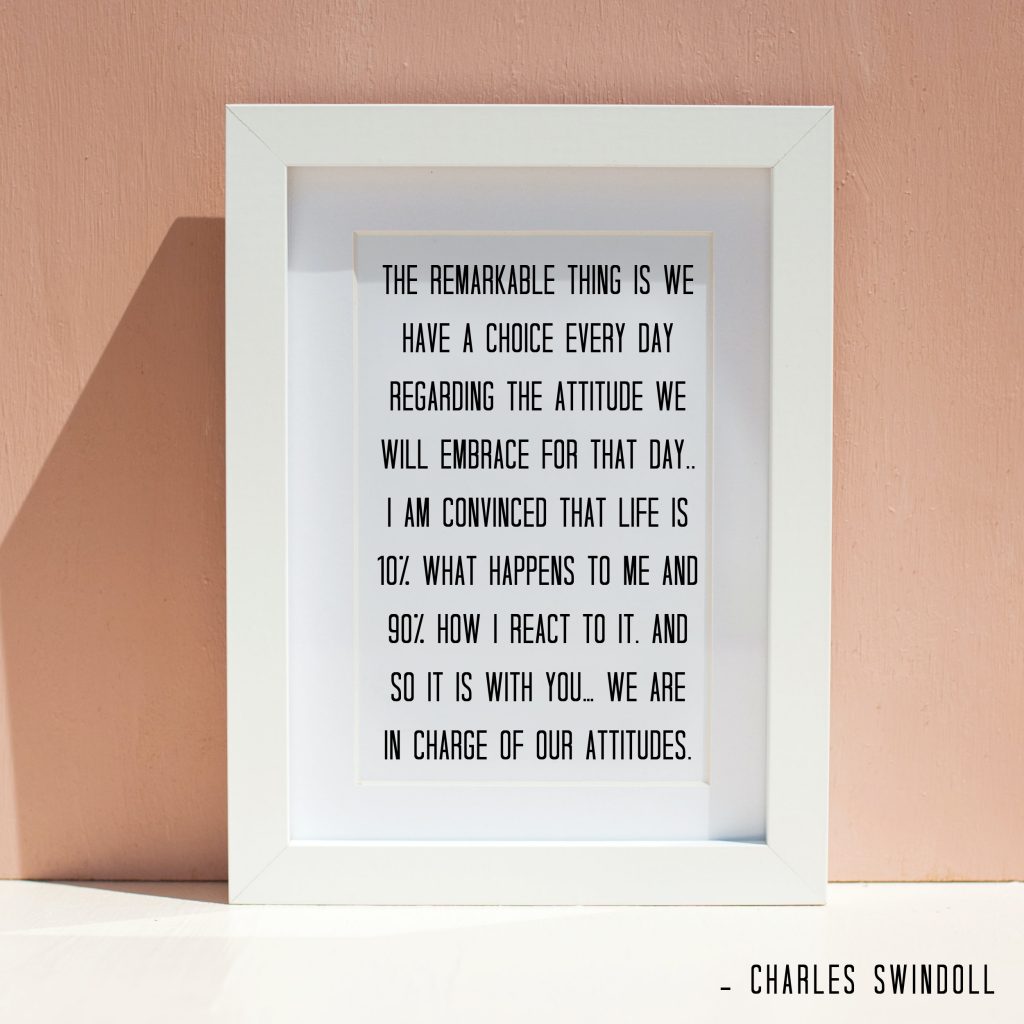The twins have been all about the early morning wake-ups these days. Early, as in before-the-sun-comes-up early. This, of course, means that I, too, have necessarily been “all about the early morning wake-ups” these days.
To be clear, I am not a morning person. These wake-ups are coming only a handful of hours after this night-owl mama has drifted off to sleep, and long before the rest of the house is awake. (On more than one occasion, Charleston has stumbled groggily into the twins’ room to ask what the three of us are doing up playing when it’s still “the middle of the night.”)

Initially, when Kali and Sully’s mornings crept earlier and earlier, I was resentful—frustrated that their needs were interfering with my own desire to sleep past six, and irritated that my mornings were being dictated by their self-determined sleep schedule and not the one I’d made for them. But as these early wakeups became the norm rather than the exception, I began to see how this schedule shift was working in our favor. The twins’ predawn cries led to an earlier start to our days, making space for a more leisurely family breakfast, plenty of pre-breakfast reading and playtime for the kids, and even a dedicated half hour for me to spend out on the patio with the Lord while the twins entertained themselves in their room.
Now, instead of begrudging my human alarm clocks when they go off at dark o’clock AM, my resentment has been replaced with excitement to get a jumpstart on our day. My perspective had shifted, and my attitude came along for the ride. Oh, the power of a positive reframe.
I broke a molar a few months ago. I’ve always had blessedly healthy teeth, so waking up one morning with a gaping hole in my back tooth came as a shock and left me more than a little dismayed. The dentist was able to fill the tooth, but it is still misshapen and the filling weighed on me, a constant reminder that a part of me that had once been whole was now irreparably marred. I grieved the imperfection of my teeth and mourned the loss of a completeness I had always taken for granted.
Though seemingly a small thing, my broken tooth became a tiny tragedy I struggled to move past until I viewed the breakage in a new way: I allowed myself to accept that the regret of this un-wholeness pointed to a very real desire for my teeth (and my whole body and ultimately all of creation) to be made perfect and unblemished. This intrinsic desire exists because God placed in each of us an innate longing for all things to be good and whole and perfect. Such perfection is obviously unattainable earthside but, to quote C.S. Lewis, “If I find in myself a desire which no experience in this world can satisfy, the most probable explanation is that I was made for another world.” In other words, the fact of my brokenness bothering me is actually good news because it points to the existence of a restored future! We won’t experience bodily restoration in this lifetime, but we are promised that it is to come: one day, the Lord will make all things new, including our bodies (and my teeth).

I still don’t love the fact of my broken tooth, but in a roundabout way, I can be thankful for it because it is allowing me to see God’s promises in a new light, opening my eyes to the hope Christ brings for a future wholeness. It’s also an important reminder to be grateful for a set of otherwise healthy teeth, and a nudge to take care of those teeth—as well as the rest of my personage—as best I can. Another instance of positive reframing in all its glory.
I received a critical email from a friend the other day. Her words stung, and my gut reaction was to either ignore the email and shut down communication, or respond with retaliation and defense. Thankfully, I did neither of these things. I took some time before answering, and when I did I used the interaction as an opportunity to practice what I preach regarding speaking words of kindness and graciousness to those around me—including those whose views are different from my own. I also chose to replace defensiveness with curiosity, and when I did so I was able to see some truth in her critiques and grew genuinely thankful for her input on a potentially divisive topic. I reframed both the interaction AND the issue, with largely positive results.
Harris III talks about the power and importance of adopting a positive mindset in his book The Wonder Switch. Referring to the science behind neuroplasticity, Harris III writes that we can “actively rewire our brains and, in turn, redesign our lives. The more neuroscientists venture into the design and intricacies of the human brain, the more groundbreaking discoveries there are to confirm that our brains have the ability to change based on our experiences. And in this plasticity lies additional potential for changing our beliefs that inform our behavior.” Meaning that when we change our perspective, we literally rewire our brains, which in turn can transform our habits, our happiness, and our ability to move beyond our hurts and hangups.
Science and Harris III are far from the first to acknowledge this concept. Throughout Scripture, God reminds us of the power and importance residing in our perspectives. Romans 12:2 tells us to be transformed by the renewing of our minds. Ephesians 4:23 reminds us to “be continually renewed in the spirit of your mind [having a fresh, untarnished mental and spiritual attitude]” (Amplified Version).
One Scriptural mindset-shifter I’ve been taking especially to heart lately is found in Colossians, in which Paul writes, “put your heart and soul into every activity you do, as though you are doing it for the Lord himself and not merely for others” (The Passion Translation). Here, we are reminded to keep in mind the Heavenly implications of our attitudes and our actions. Shifting our perspective on our tasks from one of drudgery to one of opportunity changes our hearts and, ultimately, our interactions with the tasks themselves. We do this to please God, of course, but in embracing this Kingdom mindset, we in turn experience renewed purpose and joy amid the mundanity and frustrations of our earthly tasks.
Please don’t misunderstand me: I’m not talking here about toxic positivity. This isn’t a quick fix for solving all of life’s problems or healing deep pain. A positive mindset isn’t a replacement for working through the why of our hardships, nor is it burying our heads in the sand in the presence of genuine trauma that needs our attention. More importantly, it has more to do with US and our own hearts and posturing, and is not something we must demand from or impose upon others. The pain we witness in others should evoke our empathy and compassion, and telling a deeply wounded or struggling individual that they must simply slap a positive reframe on their challenges and all will be well is unhelpful and unkind. BUT, when adopted in the right context and for the right reasons, such perspective shifting can be a powerfully transformative tool.

“Positive reframing” is a topic Charleston and I have been spending a lot of time on in recent weeks. Lately, he has viewed every chore and school assignment as an invitation to grumble and complain. In response to his comments on how much he hates his work, I’ve explained that his negative attitude is predisposing him to dislike these tasks even more—that whining about what he is being asked to do will make it even less enjoyable. Instead, he can pretend that he LOVES doing math worksheets or cleaning up his toys. This might not be entirely true, but in time his positive attitude will lead to a less painful experience of checking off what must be done. He is fully capable of thinking and acting his way into enjoyment.
For my part, I have also been able to reframe Charleston’s perpetual complaining for myself: rather than being annoyed by his attitude, I have chosen to view it as a teaching opportunity, for Charleston AND for me. It’s an opportunity to discuss the merits of hard work, to practice what we believe, and to look to God and His truths to direct our day-to-day lives. Together, Charleston and I are learning the skill of finding the good in the hard, the art of making the most of our challenges, and the value of adopting a positive perspective.
I’m an incorrigible night owl and those early mornings are a killer!